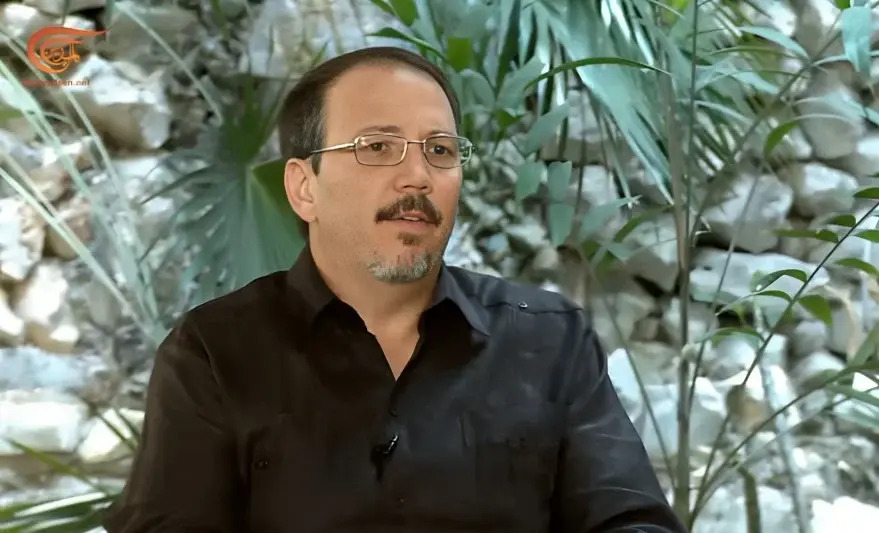BORDER PATROL
Brazil’s borders: peaceful limits, unruly security

Only a single street divides the Brazilian city of Ponta Porã from its Paraguayan neighbor, Pedro Juan Caballero. Photo: Adriano Vizoni/Folhapress
News of the international reach of Brazil’s drug-trafficking factions, arms smuggling and cross-border environmental crimes has underscored the fragility of the country’s frontiers. Yet this violent reality stands in stark contrast to the fact that Brazil has remained at peace with all 10 of its immediate neighbors for more than a century.
The borders that define modern Brazil were secured in the late 19th and early 20th centuries without a single shot being fired.
Diplomacy, not warfare, preserved or expanded the country’s territory. A late 19th-century dispute with Argentina, for example, was resolved in Brazil’s favor through arbitration by US President Grover Cleveland. The Amazonian state of Acre was bought from Bolivia in the early 1900s. And an earlier territorial disagreement with French Guiana was settled through arbitration by Swiss President Walter Hauser — curiously, France’s longest land border is actually with Brazil.
Between the Proclamation of the Republic in 1889 and the two decades that followed, Brazil engaged in at least nine major territorial negotiations…

🔒 This was a free preview; the rest is behind our paywall
Don’t miss out! Upgrade to unlock full access. The process takes only seconds with Apple Pay or Stripe. Become a member.

Why you should subscribe
We’re here for readers who want to truly understand Brazil and Latin America — a region too often ignored or misrepresented by the international media.
Since 2017, our reporting has been powered by paid subscribers. They’re the reason we can keep a full-time team of journalists across Brazil and Argentina, delivering sharp, independent coverage every day.
If you value our work, subscribing is the best way to keep it going — and growing.
Interested in advertising with us? Get in touch.
Need a special report? We can do it.
Have an idea for an article or column? Pitch us








